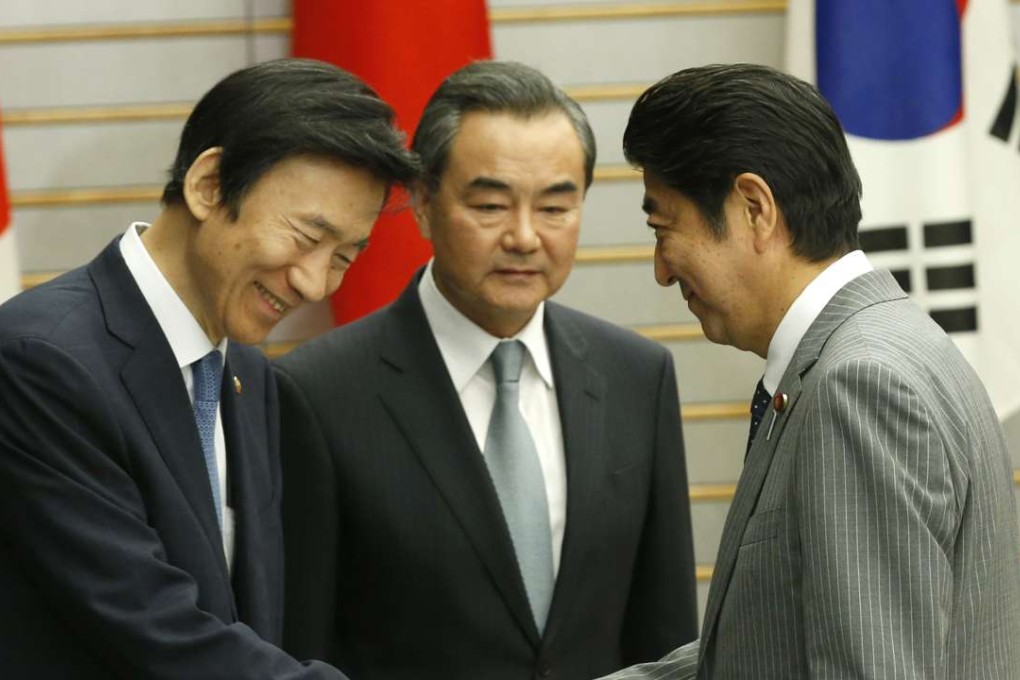Asia in 3 minutes: from North Korea’s missile test to India’s ban on commercial surrogacy

North Korean missile launch earns rebuke from unusual bedfellows
What next? Statements from North Korea’s neighbours – or anyone else for that matter – rarely affect what Pyongyang does, so the latest rebuke is unlikely to stop the weapon tests. The North argues that, since it is only trying to develop the kind of defence capabilities most of its critics already have, their complaints amount to hypocrisy.
Selling tech firm to Chinese group makes Indian brothers billionaires
Mumbai-born entrepreneurs Divyank and Bhavin Turakhi, described as “hackers with a business mindset”, sold Media.net, which provides publishing and advertising services, to Chinese investors for about US$900 million, in what is being touted as the biggest ever reverse merger deal. A Chinese consortium led by Beijing Miteno Communication Technology (BMCT) Chairman Zhiyong Zhang has paid US$426 million up front and will pay the other US$474 million later. BMCT is a Shenzhen-listed technology, media and telecoms company. About 90 per cent of Media.net’s revenue comes from the US.
What next? It’s a rags to riches tale for the two brothers, who started their first US$1 billion company, Directi, with just 25,000 rupees (HK$2,882) borrowed from their father. Proceeds from Media.net’s sale will be pumped into a pool of global investment funds co-owned by the brothers, who will also remain on board the company. There are no concrete plans to pump any of the money back into India.
Suu Kyi pins hopes on Annan breaking Rohingya deadlock in Myanmar
Myanmar’s leader, State Councillor Aung San Suu Kyi, needs a break in ending abuse of Rohingya Muslims. So she hired former UN chief Kofi Annan to lead a commission to stop it. Violence between Buddhists and minority Rohingyas in Rakhine state, in the country’s west, has forced thousands to flee to neighbouring countries or local refugee camps where their movements are severely restricted, since they are stateless. The situation has cast a shadow over Suu Kyi’s democratic reforms.
